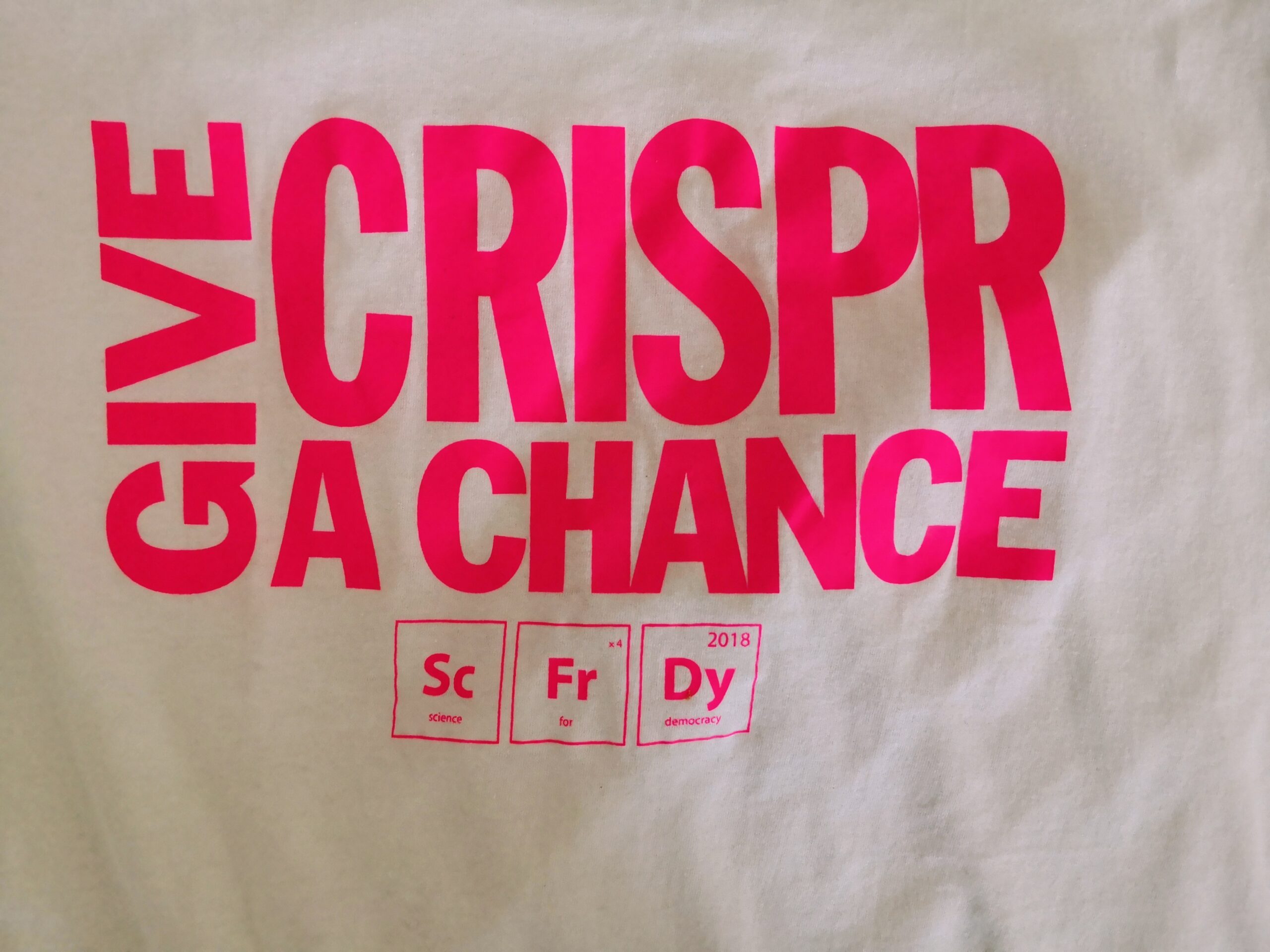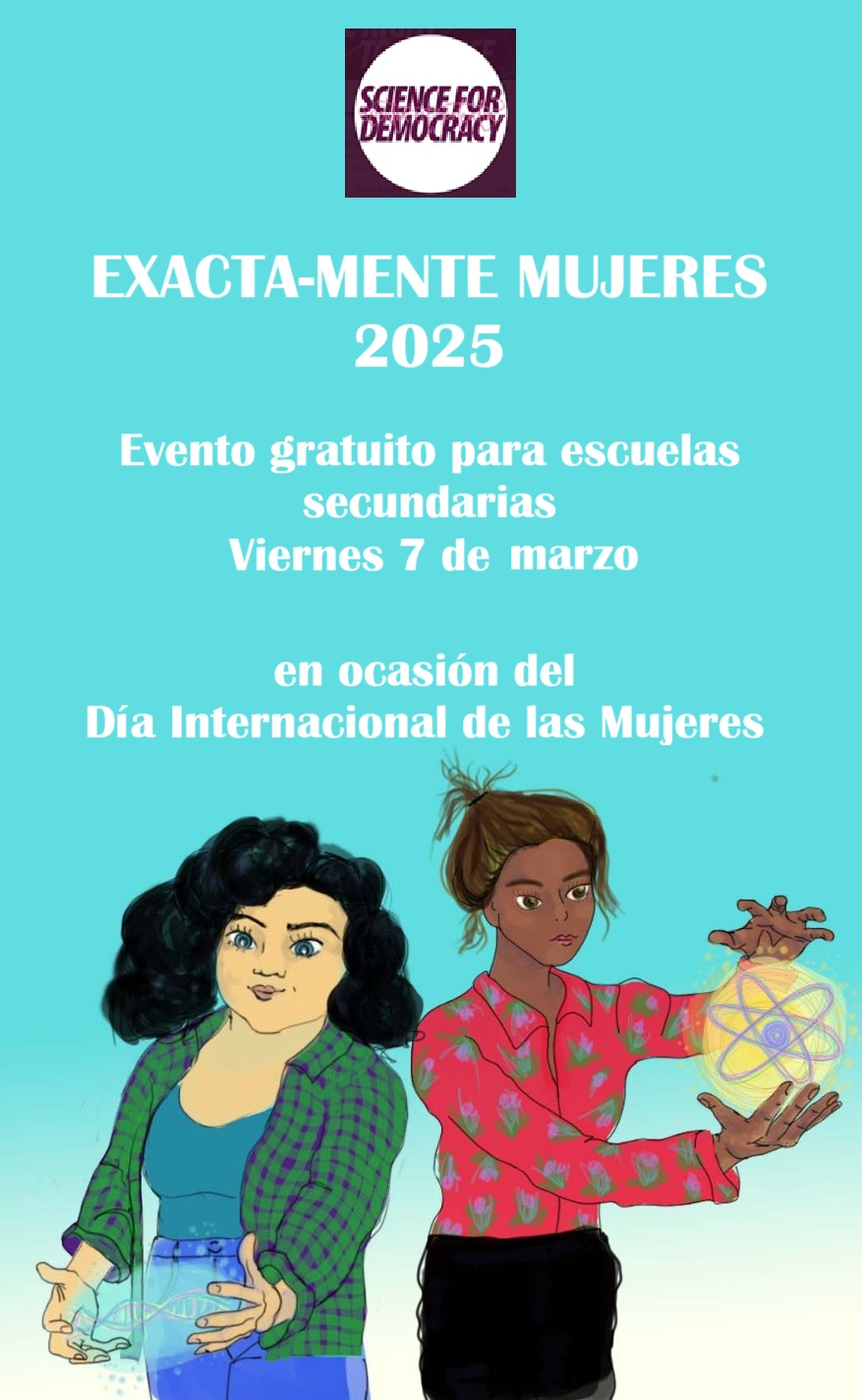
“The decision of the Swedish Academy of Sciences to award the Nobel Prize in Chemistry to Emmanuelle Charpentier and Jennifer Doudna for helping to “rewrite the code of life” is excellent news for scientific progress and the possibility to enjoy it applications for all” said Marco Cappato and Marco Perduca co-founders of Science for Democracy “now European decision-makers should allow open field trials for plants on which man researchers have been working for years but were forced to stop due to normative problems.”
Since its inception Science for Democracy has been active in urging EU regulators to clarify how the July 2018 ruling by the European Court of Justice should be interpreted. The Court decided that various forms of plant mutagenesis, including those made possible by CRISPR since 2012, should be regulated by the European directive of 2001 on GMOs.
“CRISPR, whose inventors we warmly congratulate, was perfected just a decade ago, its possibilities must be thoroughly tested to appreciate their value, for this reason, national and international legislations must be adapted so that research and experiments can be possible. Moreover, in light of the UN General Comment on Science, which last April clarified the obligations of States regarding the relationship between scientific evidence and the decision-making process, new thought should be given to this award-winning technique”.
In March 2019 Cappato and Perduca were stopped by the Belgian authorities in front of the European Parliament in Brussels because during the demonstration “Give CRISPR a chance!” they ate genetically edited rice. Similar snacks had been organized in Rome, Milan and Bari without any reaction of the Italian authorities. New Breeding techniques were also Dr. Richard Roberts (Nobel for Physiology or Medicine) keynote address of the 6th World Congress for Freedom of Scientific Research held at the Commission of African Union last February promoted by Science for Democracy and the Associazione Luca Coscioni.



